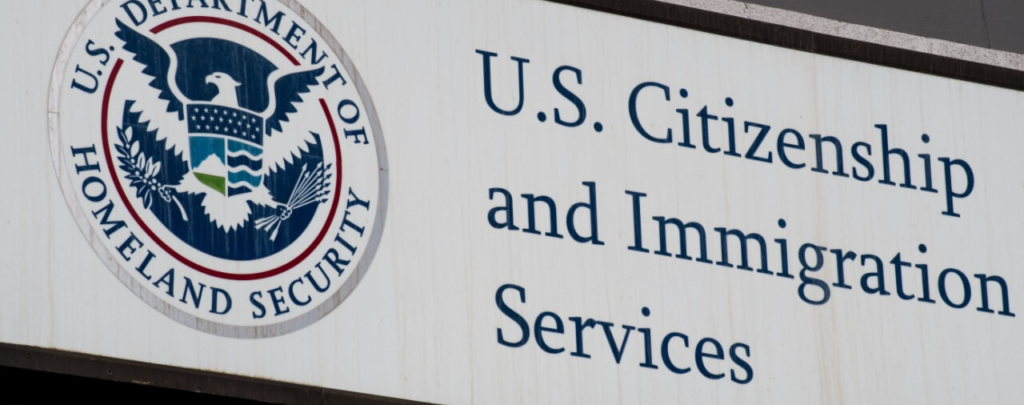On August 16, 2017, the Department of Homeland Security (DHS) published a notice in the Federal Register (FR) titled “Termination of the Central American Minors Parole Program” [see 82 FR 38926]. As the name indicates, the Acting Secretary of Homeland Security, Elaine Duke, terminated the Central American Minors (CAM) Parole Program. The termination is effective immediately.
The CAM Parole program was implemented on December 1, 2014, and expanded on November 15, 2016. It is important to distinguish between the CAM Refugee program and the CAM Parole Program. Under the CAM Refugee Program, certain parents who are lawfully present in the United States may seek refugee resettlement interviews for their children residing in Guatemala, Honduras, or El Salvador. The CAM Parole Program allowed those deemed ineligible for refugee status to be paroled into the United States instead. The 2016 expansion of the CAM Parole Program extended the parole benefits to unmarried children under the age of 21 of the qualifying child and allowed individuals other than parents to petition in certain cases. Please see the United States Citizenship and Immigration Services (USCIS) page on the subject for more information [PDF version].
On January 25, 2017, President Donald Trump issued an Executive Order titled “Border Security and Immigration Improvements.” We discussed the Executive Order in detail in our article on then-Secretary of Homeland Security John Kelly’s memorandum implementing its provisions [see article]. Both the Executive Order and the Kelly memo directed the DHS to ensure that parole authority is only exercised on a case-by-case basis in accord with section 212(d)(5) of the Immigration and Nationality Act (INA) [see section]. In accord with the Executive Order, Acting Secretary Duke has now terminated the CAM Parole program as being inconsistent with its directive.
Effective August 16, 2017, the DHS will no longer consider parole requests or authorize parole under the CAM Parole Program. Accordingly, individuals who have already been conditionally approved for parole under the CAM Parole Program, but who have not yet traveled to the United States, have had had their conditional parole approval rescinded. However, these individuals may seek parole under the DHS’s regular parole authority by filing the Form I-131, Application for Travel Document, in accord with the form instructions. Each parole application will be assessed on a case-by-case basis in light of whether there are urgent humanitarian reasons or significant public benefit grounds for granting parole.
Individuals who are already in the United States on parole that was granted under the CAM Parole Program will not have their parole rescinded. Instead, they will be able to maintain parole until the expiration of their parole periods, unless their parole is otherwise terminated for unrelated reasons in accord with 8 C.F.R. 212.5(e). These individuals may file for re-parole to stay in the United States on the Form I-131. Requests for re-parole should be submitted at least 90 days before the expiration of the parole period. The USCIS will evaluate each request for re-parole on a case-by-case basis and it may require re-parole applicants to demonstrate urgent humanitarian reasons or a significant public benefit.
Please note that the termination of the CAM Parole Program does not affect the CAM Refugee Program. The CAM Refugee Program remains in effect. The only change is that there is no special parole provisions for those denied status under the CAM Refugee Program.
Individuals who are affected by the termination of the CAM Parole Program, or who are unsure of its effects, should consult with an experienced immigration attorney for case-specific guidance. Please see our full article on humanitarian parole to learn more about the circumstances in which the USCIS will grant parole on humanitarian grounds [see article].





